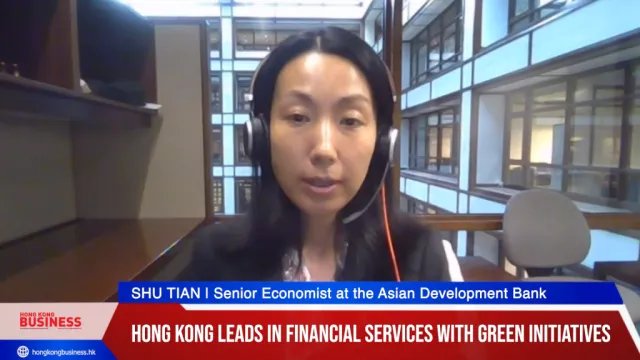
Where can Gen Y members work properly?
They're often misunderstood by others.
Hudson, a leading provider of specialised recruitment, talent management and RPO solutions in Asia Pacific, today released "The Great Generational Shift," a landmark report looking at the changing nature of workplaces and offering ways to address multi-generational challenges, based on an assessment of over 28,000 professionals across the globe.
According to a release from Hudson, its research provides data on the personality traits that drive Generation Y, Generation X and the Baby Boomers.
By understanding the traits, managers will gain a clearer idea of how the nature of leadership is changing and be better placed to comprehend, predict and manage the behaviour of people from the three groups.
Most importantly, the research provides organisations and individuals insight into who their future leaders and stakeholders will be.
By comparing the personality traits of the three generations, The Great Generational Shift identifies the implications for thriving – and surviving - in a multi-generational workplace.
Baby Boomers, for instance, will need to embrace change, avoid judgments and adjust their expectations. Generation X members will need to become natural diplomats as they move into (or occupy) senior management positions.
Meanwhile, Generation Y members, often misunderstood by others, should seek workplaces where they can experience motivation and persuasion in action.
Here's more from Hudson:
“Members of Generation Y are arriving at positions of seniority, and are bringing a new management style,” said Simon Moylan, Hudson Executive General Manager of Talent Management – Asia-Pacific.
“Generation Y are masters of abstract and conceptual thinking. They are highly ambitious, socially confident and relational. However, The Great Generational Shift research also shows that they score much lower on traditional leadership traits.”
Conversely, Hudson’s research finds that Baby Boomers –especially males – have plenty of traditional leadership strengths, being ‘decisive’, ‘motivating’, ‘persuasive’ and ‘strategic’. Baby Boomers are also open-minded and innovative.
Generation X, which is sandwiched between the other two generations, appears socially progressive and an ambitious driver of change. They are stronger on traditional leadership traits than Generation Y, yet are more people-oriented and socially confident than the Baby Boomers.
“More than ever before, it is imperative that organisations understand the profound psychological differences in how the various generations think, act and lead,” said Mr. Moylan. “Organisations need to understand what it is that motivates their employees and connect the dots between the motivational drivers of those in different ages and stages. Out-of-the-box thinking, innovation and a focus on strategic risks require a new kind of leader. Organisations should decide whether their leaders of today are the right leaders for tomorrow.”
"The Great Generational Shift" involved 28,000 psychometric assessments which were undertaken using Hudson’s proprietary Business Attitudes Questionnaire.
The assessments were made in 22 different languages. The survey included Baby Boomers (born in 1946-64), Generation X (born in 1965-79) and Generation Y (born in 1980-94).
The research looked at various personality traits including emotional stability, extroversion, openness, altruism, conscientiousness and professional factors.
The results were analysed at Hudson’s global R&D centre in Belgium and combined with insights from Hudson’s global Talent Management team.



















 Advertise
Advertise






